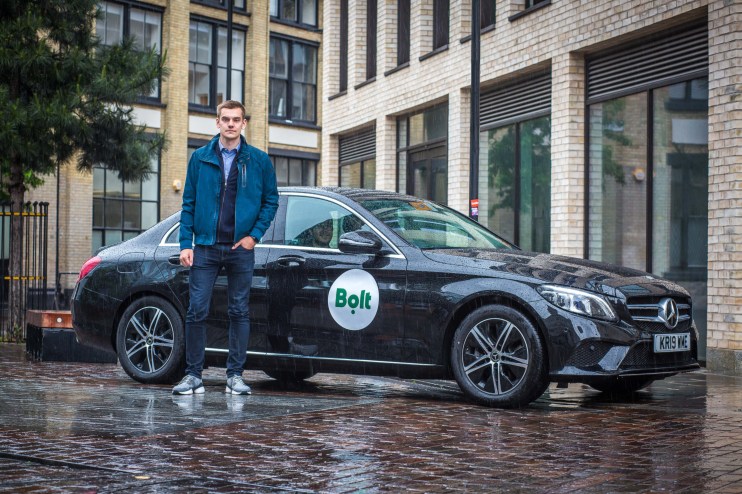Uber rival Bolt bolsters green credentials with environmental investment fund

Ride-hailing app Bolt is set to launch a €10m environmental impact fund in a bid to boost its green credentials.
Bolt, which recently committed to making all journeys taken via its app will be made carbon neutral through offsetting, said the fund would invest in initiatives that deliver “social and environmental benefits”.
Read more: Uber challenger Bolt launches XL vehicle category in London
Founder and chief executive Markus Villig said the company was “working hard to accelerate the global shift to shared and efficiently-used vehicles”, but added: “we need to face the reality that the current transition is not fast enough”.
“While we look to reduce emissions by adding more shared and electric vehicles on our platform, we’re also taking immediate responsibility by investing in projects that deliver positive environmental and social benefits today.”
The fund’s first UK investment will be in a Scottish forest creation project, the company said. Under the scheme, 9,500 trees will be planted across 5.8 hectares of land in Angus.
Bolt said other investments focusing on renewable energy have already been identified in Africa and South Asia.
The ride-hailing platform is seeking to take on Uber in London – its biggest European market – but was hit by driver protests last week over pay and workers’ rights.
Drivers staged a protest outside Bolt’s Shoreditch headquarters last week calling for the platform to increase fares to £2 per mile (as opposed to the current £1.25 in London) and recognise workers’ rights.
A Bolt spokesperson said: “Driver pay and driver welfare are at the heart of Bolt’s business.”
“We pride ourselves on our personal approach to drivers and we will continue to ensure this conscientious attitude remains a cornerstone of the Bolt culture.”
Read more: Revealed: TfL tightened Uber’s driver checks in London licence extension
Uber has been dogged by regulatory struggles in the capital in recent months, and it was revealed last week that Transport for London (TfL) had tightened Uber’s licensing restrictions to include stringent checks on documentation and insurance.
The restrictions were introduced when Uber was granted a two-month licence extension by TfL in September – a blow to the ride-hailing giant, which had been seeking a longer-term licence.
Main image credit: Bolt